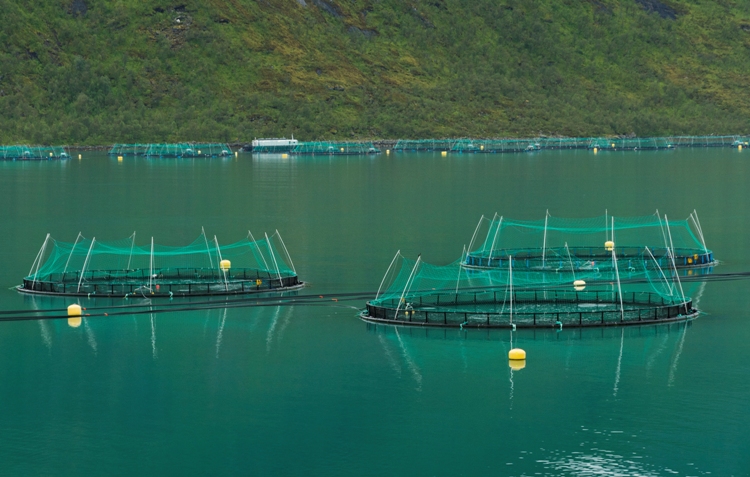Fisheries Minister releases document on changes in commercial fishing practices
“I have been told by Tangata whenua, the commercial fishing industry, recreational fishing groups and environmental organisations that they all want a better fisheries management system,” Mr Nash says.

- Country:
- New Zealand
The next phase of reform of the fisheries management system has been launched with a call for public input into new rules for the commercial industry.
Fisheries Minister Stuart Nash has released a discussion document on proposed changes designed to improve commercial fishing practices.
“I have been told by Tangata whenua, the commercial fishing industry, recreational fishing groups and environmental organisations that they all want a better fisheries management system,” Mr Nash says.
“Some of the current rules for commercial fishing are complex, open to interpretation, offer few incentives to adopt innovative practices, and may lead to lost economic value and wasted resources.
“We are asking for public feedback across four main areas of reform:
amending the rules for what fish must be brought back to port and what fish can be returned to the sea. This includes options to tighten the rules so less fish are returned to sea, or increasing flexibility so more fish can be returned;
reviewing the offences and penalties regime to ensure it’s fair and effective;
streamlining and updating the ministerial decision-making process for setting catch limits, and
technical changes to the Fisheries Act.
“I would like to hear a wide range of views. Fisheries New Zealand officials will travel the country to hold consultation meetings across ten centres, from Whangarei to Invercargill. Submissions can be made via the website, or by email or post. I anticipate decisions arising from this exercise will result in the development of new legislation later in 2019.
“This new phase of fisheries management reform follows the introduction of electronic reporting of commercial catches and of vessel positions to identify what fish are being caught and where. The first commercial vessels began electronic reporting in 2017 and it is being further rolled out this year.
“I can also confirm I am committed to considering onboard cameras once these policy questions are addressed. Previous regulations were unrealistic and were developed without adequate engagement. I expect to soon provide an update to Cabinet.
“There is a process to follow before on-board cameras can be considered and I need to first ensure the regulations are practical to implement, the technology is operationally ready to go, the systems are in place, and the fisheries management framework is clearly understood. Any proposal for onboard cameras would go through a public consultation process.
“The lessons from Australia, where it took 10 years to get 80 cameras in place, demonstrate that considerable time and effort should be invested in getting it right before the cameras are rolled out.
“Our fisheries management regime is underpinned by the Quota Management System (QMS) which has been in place for thirty years and is not affected by these proposed changes. But we are always looking for ways to improve the management of our fisheries. We want commercial fishing practice to align with our goals of sustainability. We also want to encourage innovation and new technology and to promote premium fisheries products as part of New Zealand’s global brand.
“The rules being discussed in today’s document set the framework for the next steps in fisheries management reform. They are designed to encourage a culture change so that every fish is valued by the commercial industry. This needs to be driven by clear and easily understood rules that further incentivise the industry to adopt good fishing practices. That will require the industry to be more accountable, maximise the value of the catch, report accurately, and verify what is caught,” Mr Nash said.
The discussion document and information about the public meetings and how to make a submission can be found here www.fisheries.govt.nz/haveyoursay. Consultation is open until 17 March 2019.
(With Inputs from New Zealand Government Press Release)










